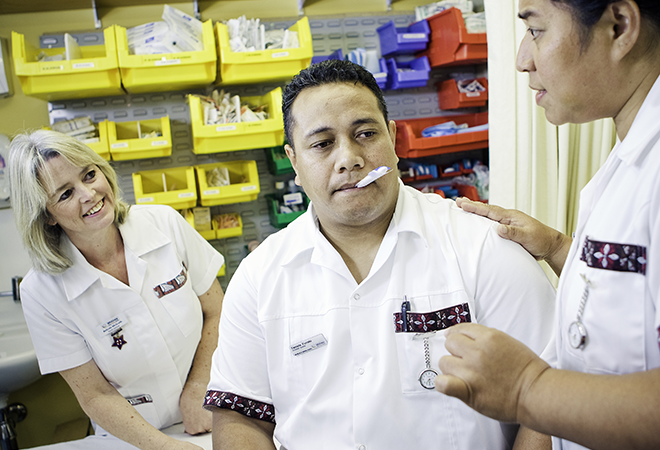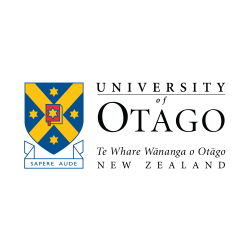
‘Just a GP’: An Exploration of Undergraduate Medical Students’ Discourses of General Practice
Status
Completed: 12 May 2014
Project Details
A doctoral thesis completed in 2014, undertaken by Kelby Smith-Han, University of Otago, to investigate how undergraduate medical students’ conceptualised general practice as a discipline along with practising as a general practitioner.
Aims:
The main aims of the research were to:
- understand the influence that undergraduate medical education and training have on graduates, with specific reference to General Practice
- identify solutions to the longstanding workforce shortages for General Practice.
Methodology:
The research used a qualitative approach involving:
- a review of the literature
- interviews with a total of 40 medical students in their first and last years of medical school exploring how students conceptualise their discipline, the provision of health-care within their discipline, and what ‘being a doctor’ means to them within the context of their discipline.
Team

Kelby Smith-Han
Researcher
University of OtagoStatus
Funding
$75,000.00 (excl GST)
Key Findings
The key findings from the research included:
- The analysis of the results identified three critical areas that influenced students’ conceptualisation of general practice and being a general practitioner. These areas were the dominance of biomedicine, the mechanisms that excluded general practice from being regarded as a specialty, and the mechanisms exercised that are involved in perpetuating general practice as being poorly valued.
- Although undergraduate education contains many elements of medical practice that are not biomedical science (e.g. bioethics), it is clear from this research that the philosophical paradigm of biomedicine still permeates undergraduate medical education and practice. This acts as an exclusionary mechanism that renders the professional attributes and skill set associated with general practice visible in negative terms relative to medical specialties.
- General practice is not seen as a specialty in its own right by many medical students in this research. The components that are seen to comprise medical specialisation act as a barrier to the recognition of general practice as a specialty. Being seen as a specialty is important if general practice is going to maintain a growing workforce.
- In this research students attributed a low value towards general practice as a discipline and general practitioners as professionals. During their journey through medical school learning about professional values in medical practice is part of their education. However, students also learn to value particular medical disciplines and specialties and within these disciplines, the value of certain types of diseases and ill-health they work with and also to value particular knowledge within medical practice. General practice is poorly valued by many medical students compared to other specialties. The values that are communicated and picked up by students cannot be helping them to consider positively a career in general practice.
Key Recommendations
The key recommendations and implications from the research included:
Challenging the dominate discourses | The question remains for the medical community, and in particular those involved in educating our future medical doctors, how to challenge the dominate discourses, identified in the findings, that are evident in medical students’ training from the first day they arrive in medical school to the last day they leave as graduated medical professionals.
Offering alternative discourses | This difficult task remains a challenge of the medical education institutions, of the medical school and the teaching hospital, curriculum planners, medical educators, general practitioners and medical students to contest the dominant discourses that students pick up and offer alternative discourses. These alternative discourses need to illustrate the validity in other forms of knowledge that are relevant and lead to positive patient outcomes (but are also just as challenging) to implement in medical practice which conflicts with biomedicine.
Making general practice a specialty | Furthermore, an alternative discourse is needed which constructs general practice to be seen and regarded by all health professionals, including general practitioners themselves, and medical students as a specialty. Constructing these discourses would be fruitful in seeing general practice and the work involved in being a general practitioner more valued among the public, medical students and health professionals.
Making general practice a vocation | The onus is on the medical education institutions, professional bodies, curriculum planners, teachers and general practitioners themselves to make general practice a vocation that medical students upon graduation view as challenging, valuable and a vocation worthy of actively pursuing to compete successfully with the other specialties.
Future research | Future work should investigate ways in which we can operationalise the messages from this thesis and thereby making general practice a positive and desirable and appealing vocation so it is no longer ‘Just a GP’.
A thesis prepared by Kelby Smith-Han.
Published May 2014.